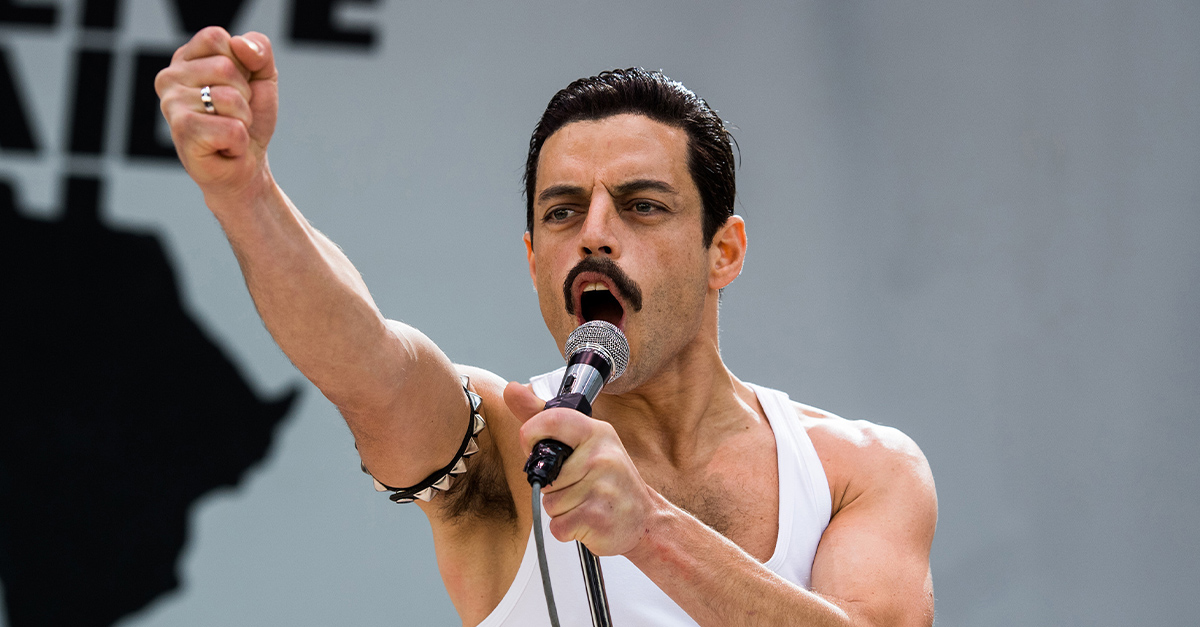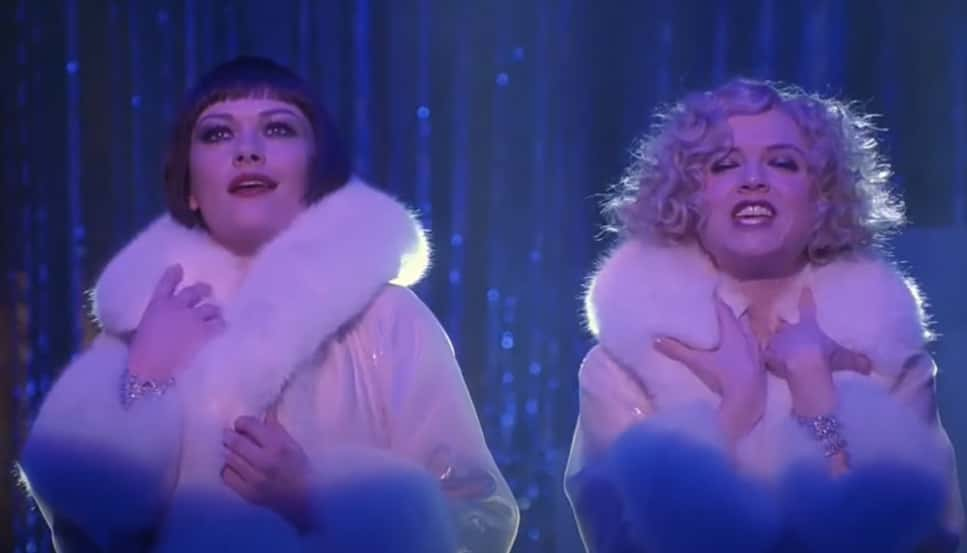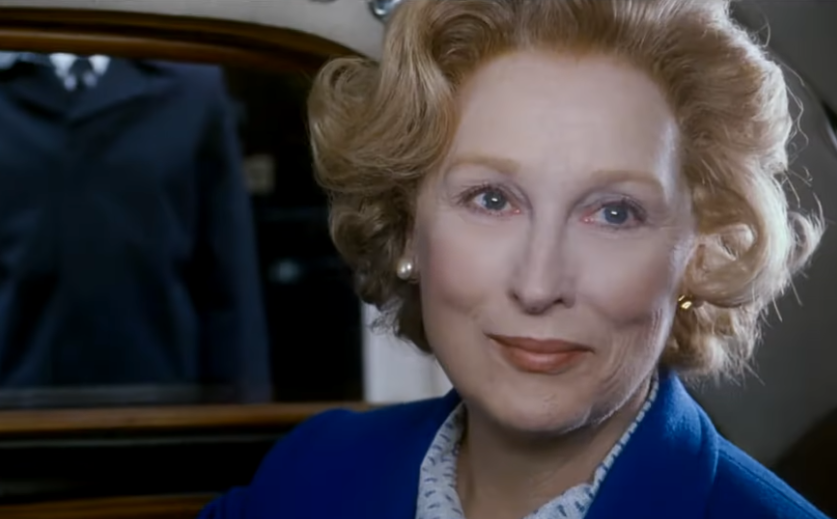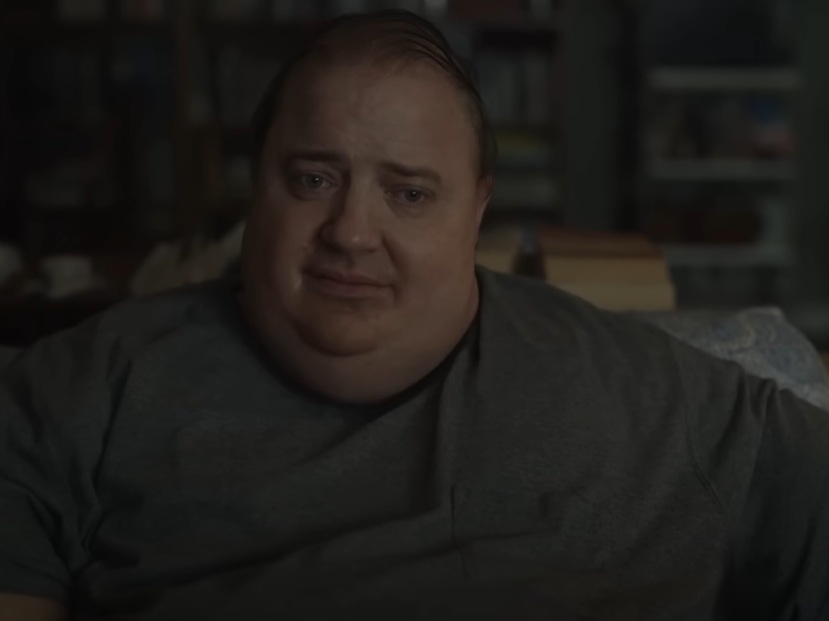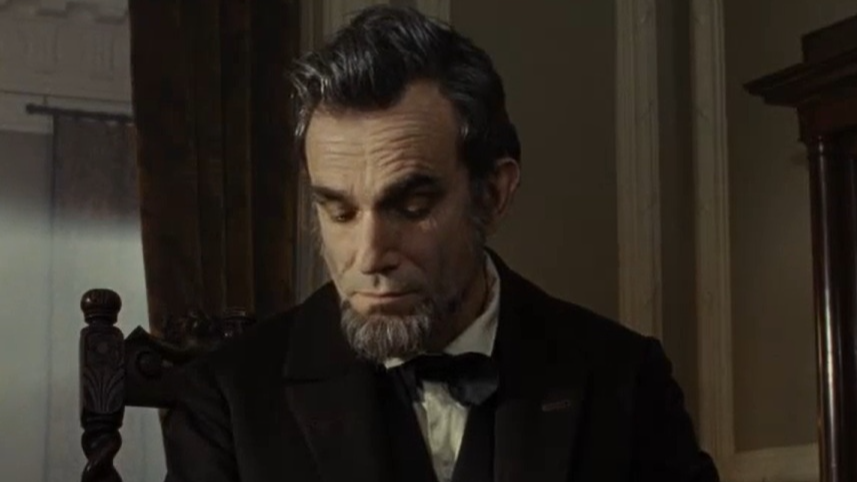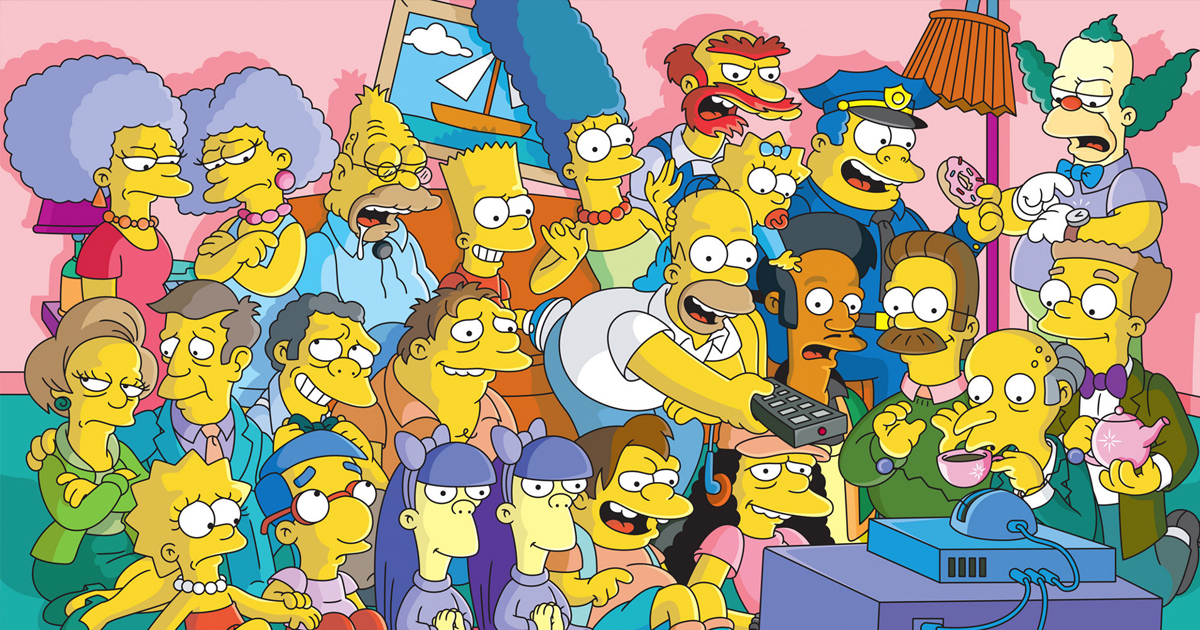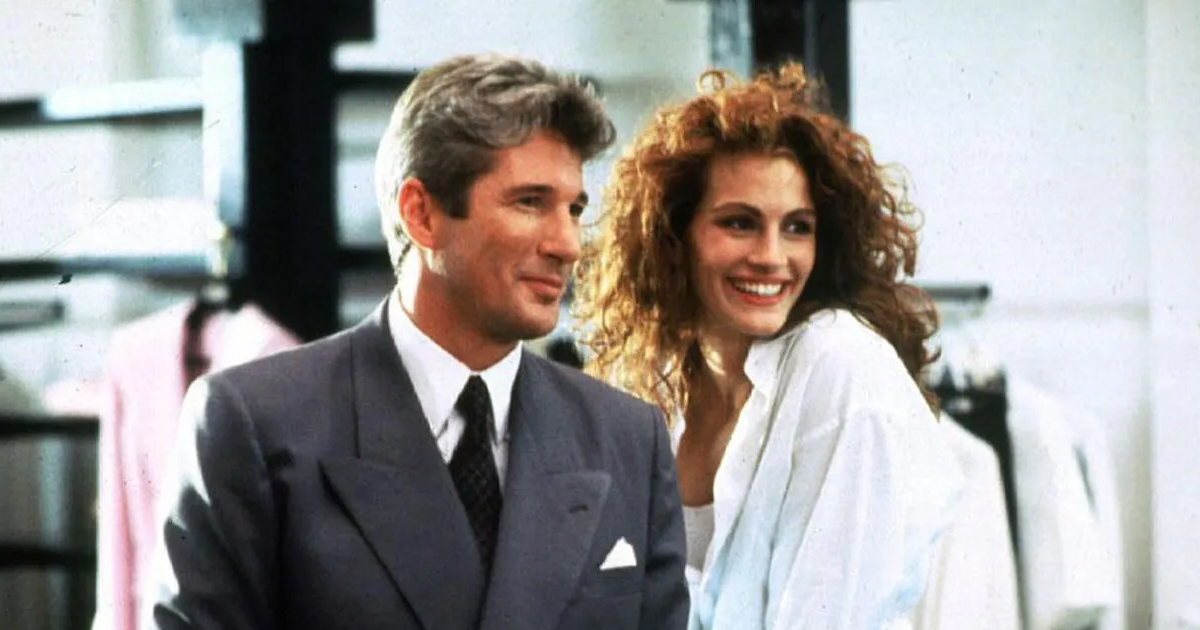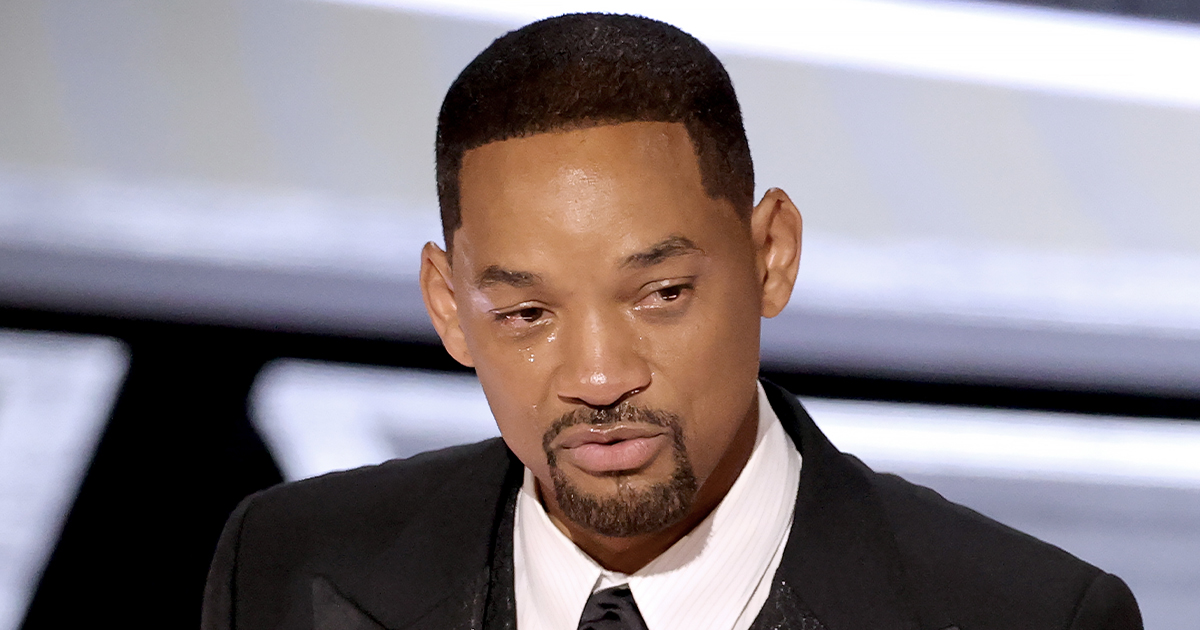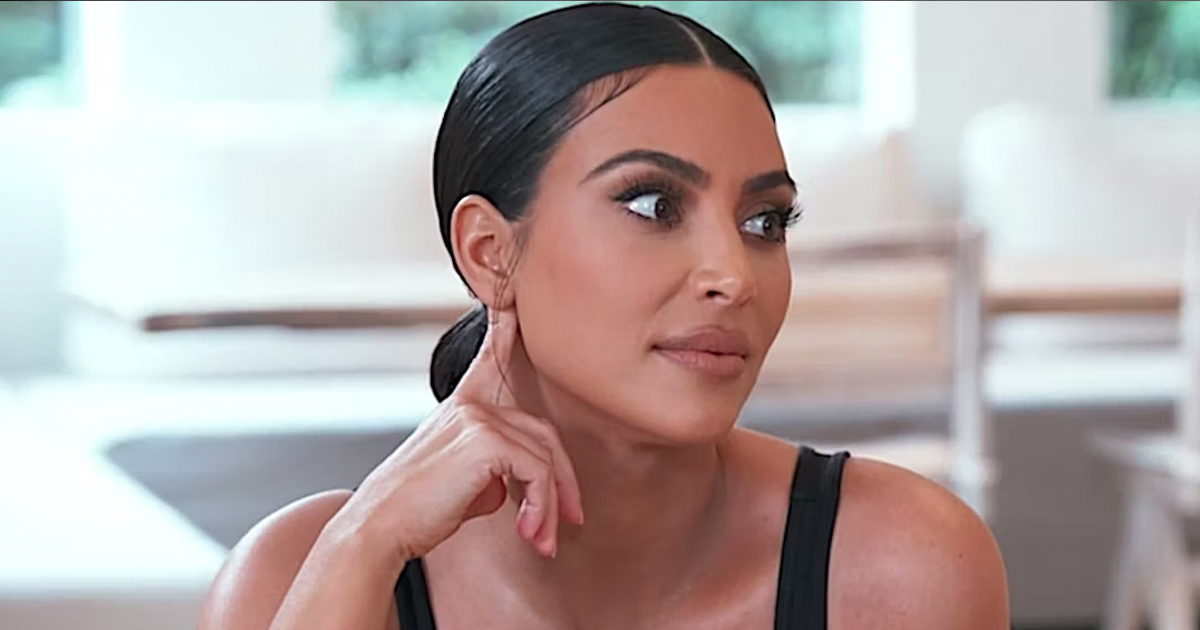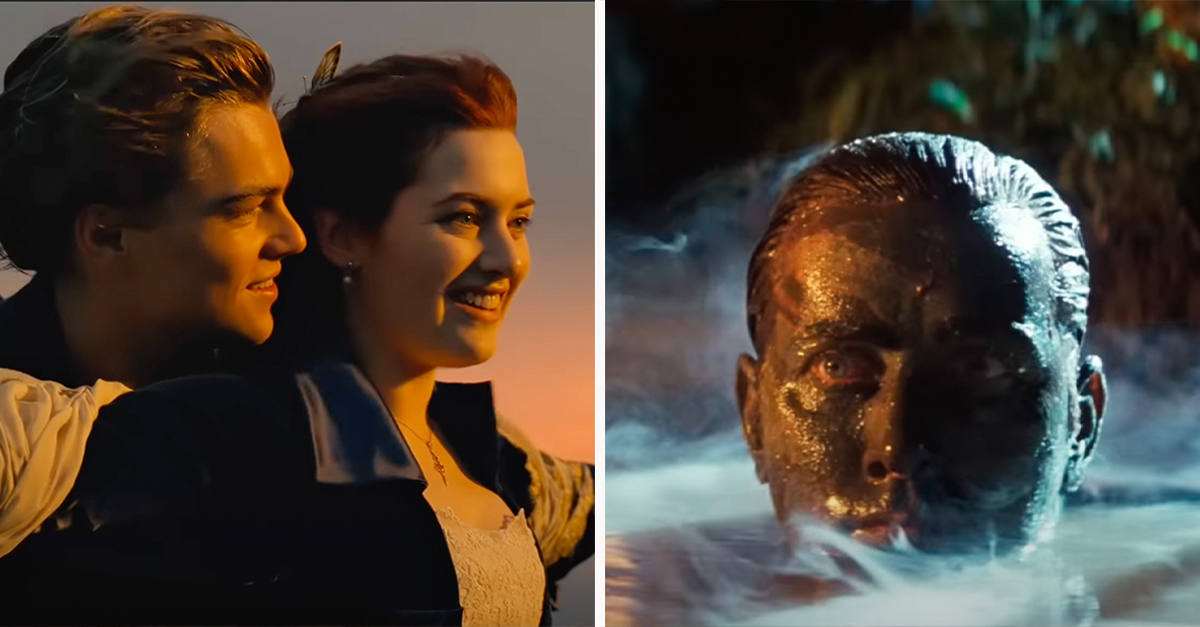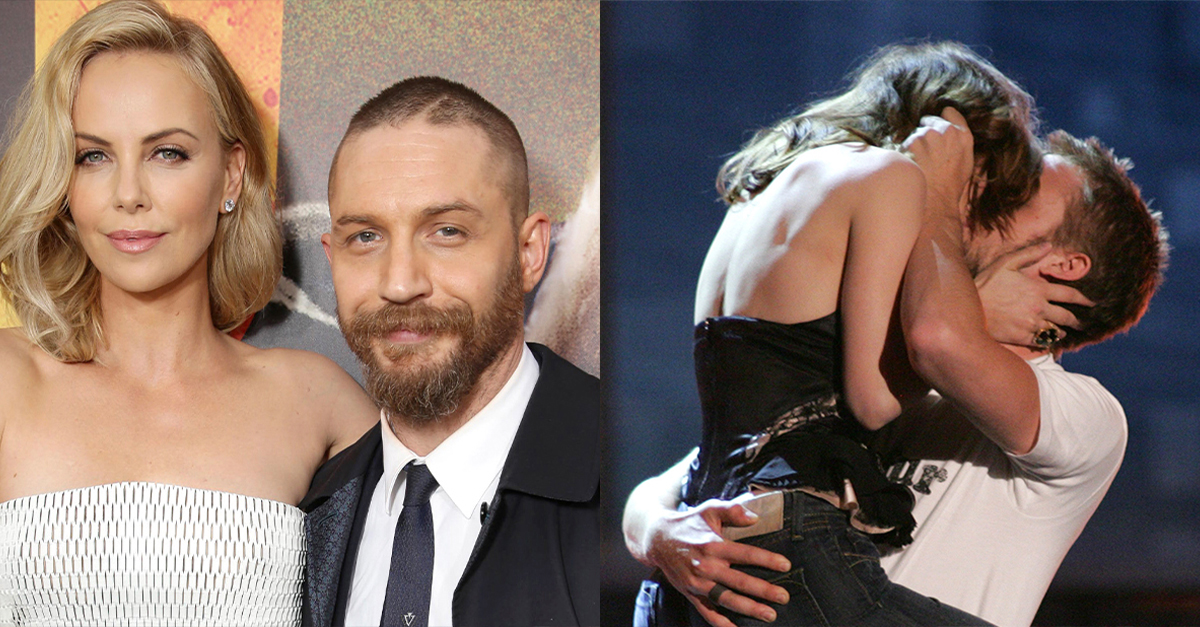When Oscar Got It Wrong
Every year, the Academy Awards aim to celebrate the pinnacle of acting excellence. And while many wins are undeniably deserved, there are always a few eyebrow-raising moments that leave audiences wondering: Did they really win for that? Whether it's a performance that leans too heavily on prosthetics and mimicry, or an emotional turn that feels forced rather than earned, some Oscar-winning roles don't quite live up to the gold-plated glory.
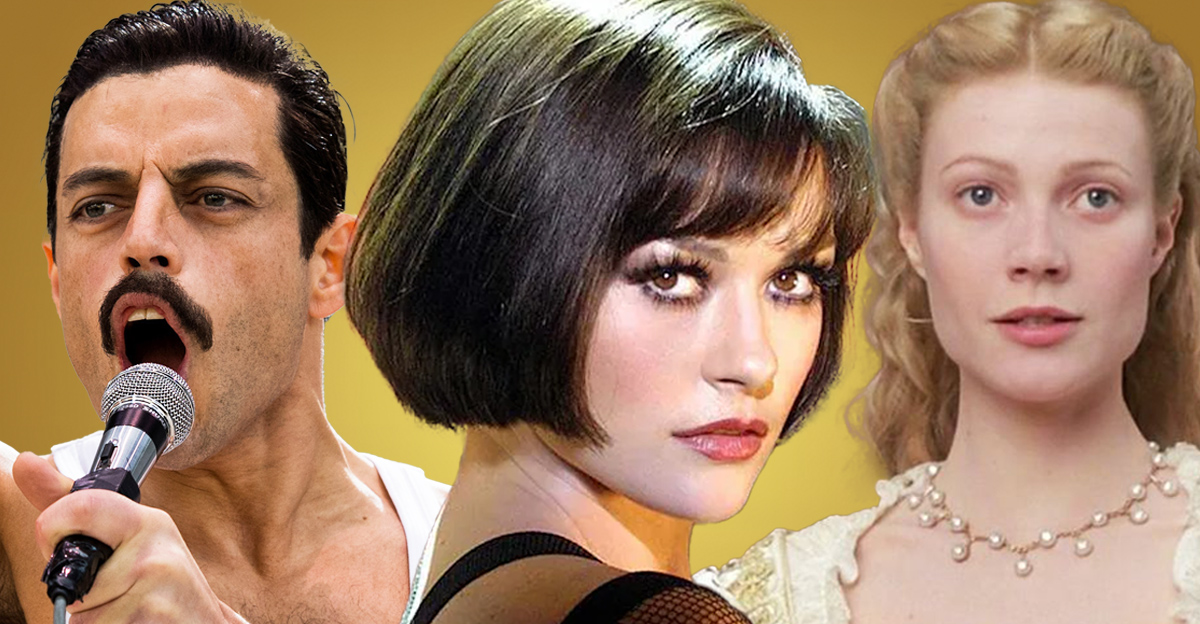
Catherine Zeta‑Jones As Velma Kelly (Chicago, 2002)
Catherine Zeta-Jones dazzled in Chicago, but her Best Supporting Actress win felt more like a reward for the film’s overall success than her individual contribution. Her performance was energetic and theatrical, but lacked the emotional weight that often defines Oscar-worthy roles. In many scenes, she was outshone by co-stars Renée Zellweger and Queen Latifah.
Sean Penn As Jimmy Markum (Mystic River, 2003)
Sean Penn’s turn in Mystic River is often remembered for its raw intensity, but many critics felt it veered too far into melodrama. His grief-stricken outbursts, while powerful, sometimes bordered on theatrical overkill, losing the subtlety the film’s subject matter deserved. It was a heavy-handed portrayal in a film that might have benefited more from restraint.
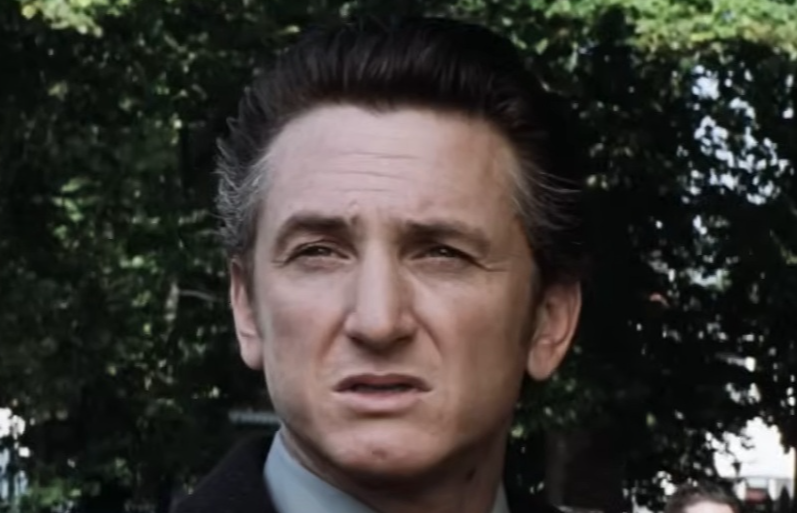 Warner Bros., Mystic River (2003)
Warner Bros., Mystic River (2003)
Sandra Bullock As Leigh Anne Tuohy (The Blind Side, 2009)
Sandra Bullock’s performance in The Blind Side was heartfelt, but it checked every box for Oscar bait without breaking new ground. The character was simplified into a saintly figure, glossing over the more complex aspects of the real-life story. It was a feel-good role tailor-made for Academy recognition, but while Bullock brought charm and presence, the script gave her little emotional territory to truly explore.
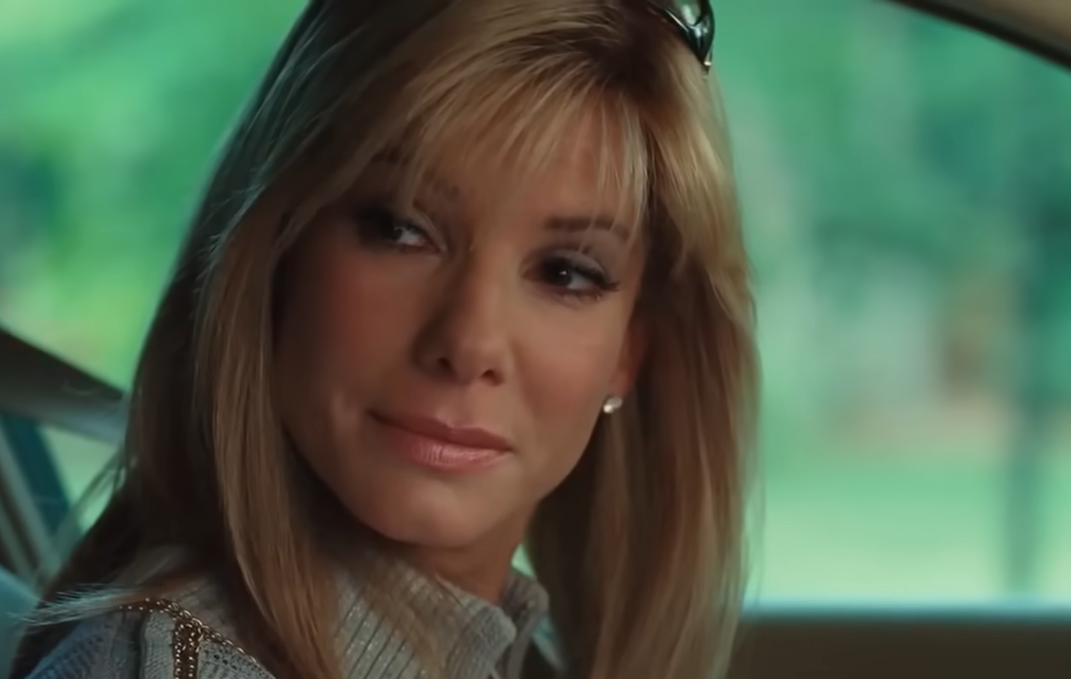 Alcon Entertainment, The Blind Side (2009)
Alcon Entertainment, The Blind Side (2009)
Rami Malek As Freddie Mercury (Bohemian Rhapsody, 2018)
Rami Malek undeniably resembled Freddie Mercury, but his Oscar win felt more like a triumph of imitation than transformation. The performance relied heavily on costuming, teeth prosthetics, and Mercury’s legacy to do the heavy lifting. Critics noted that emotional beats were often glossed over in favor of musical spectacle.
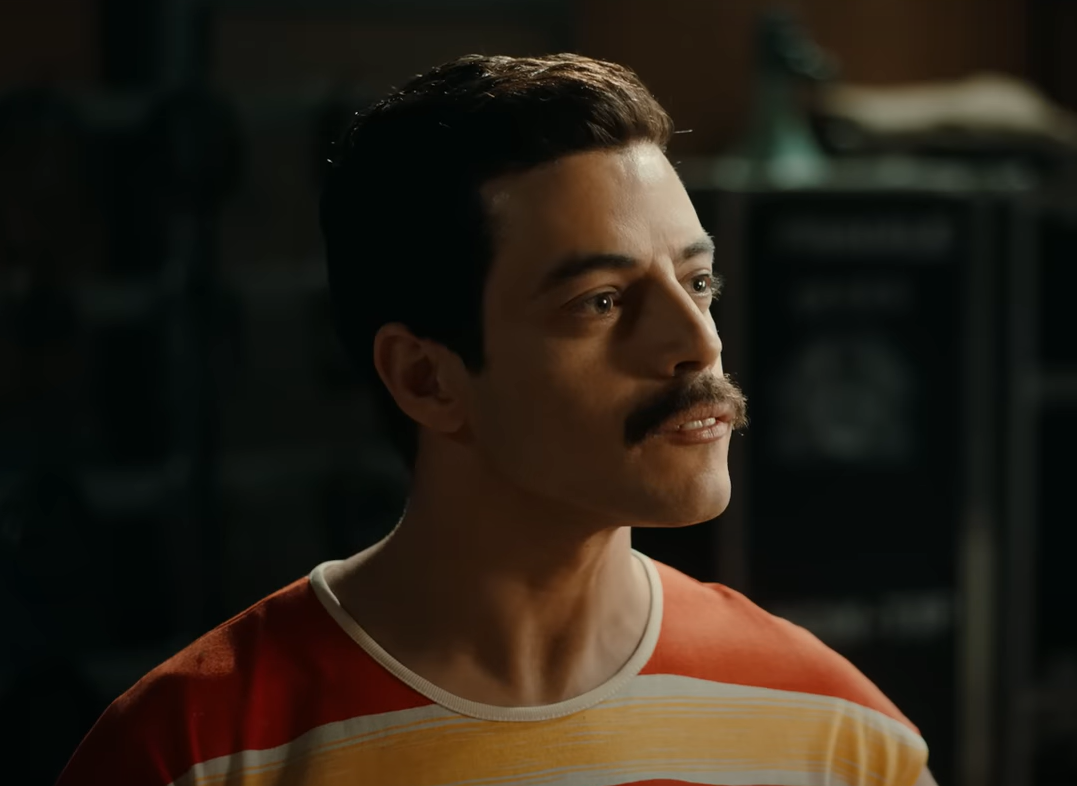 Twentieth Century, Bohemian Rhapsody (2018)
Twentieth Century, Bohemian Rhapsody (2018)
Renée Zellweger As Ruby Thewes (Cold Mountain, 2003)
Renée Zellweger’s performance in Cold Mountain was big, brash, and full of twang—but not exactly layered. Her exaggerated mannerisms and accent drew criticism for lacking authenticity and subtlety. She often felt like a character in a different movie, pulling focus rather than complementing the tone.
 2003 Cold Mountain Official Trailer 1 HD Miramax, Klokline Cinema
2003 Cold Mountain Official Trailer 1 HD Miramax, Klokline Cinema
Roberto Benigni As Guido Orefice (Life Is Beautiful, 1997)
Roberto Benigni’s win for Life Is Beautiful was buoyed by charm and sentimentality, but the performance was arguably too light for such heavy subject matter. His comedic energy clashed with the film’s devastating backdrop, leading to tonal inconsistencies. Many felt the performance was more of a heartfelt skit than a deeply felt character study.
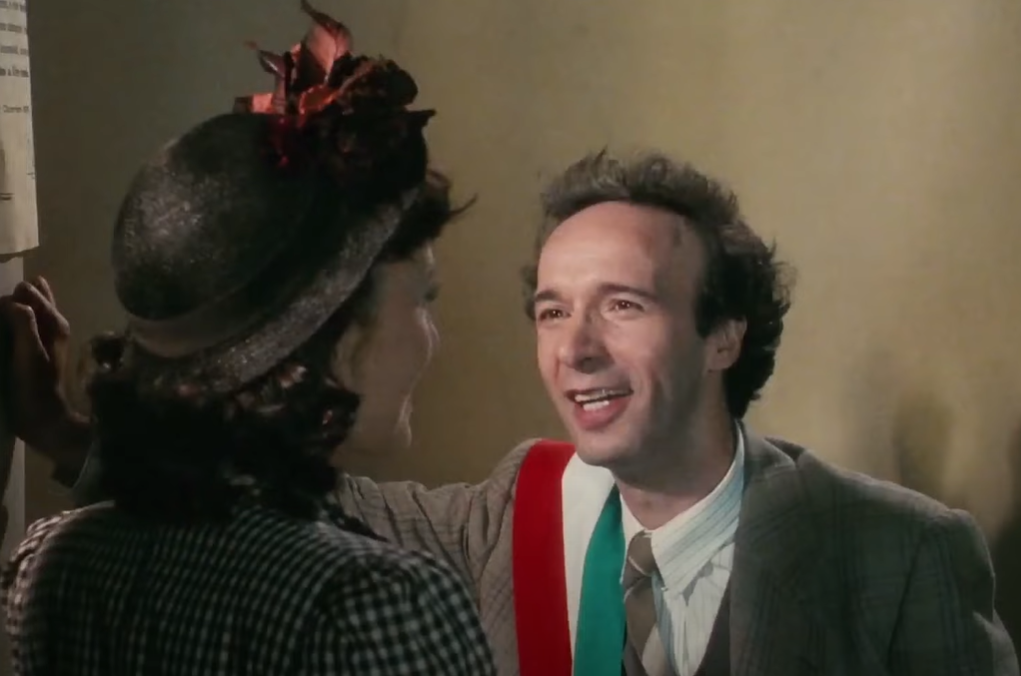 Melampo Cinematografica, Life Is Beautiful (1997)
Melampo Cinematografica, Life Is Beautiful (1997)
Al Pacino As Frank Slade (Scent Of A Woman, 1992)
Al Pacino’s long-awaited Oscar win came for a performance that felt more like a caricature than a character. His boisterous, “Hoo-ah!”-laden portrayal overshadowed the more tender and conflicted moments the role demanded. Critics often argue that the win was more of a career award than recognition for this particular role. Earlier performances like Dog Day Afternoon or The Godfather showcased his talent far better than this bombastic turn.
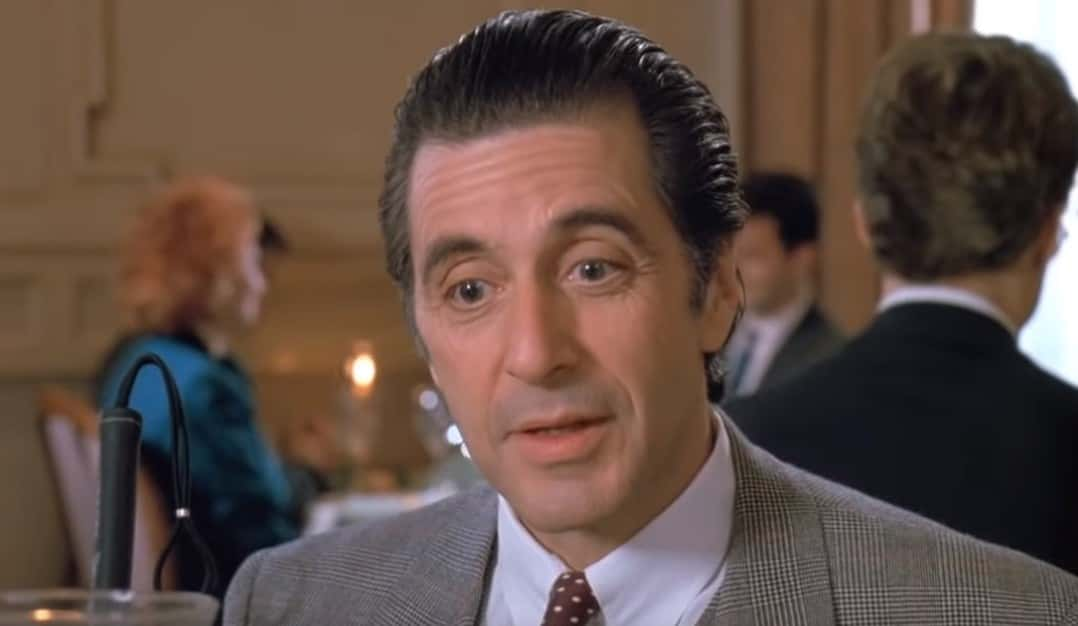 Universal, Scent of a Woman (1992)
Universal, Scent of a Woman (1992)
Meryl Streep As Margaret Thatcher (The Iron Lady, 2011)
Meryl Streep’s impersonation of Margaret Thatcher was technically impressive, but felt emotionally hollow. The film failed to provide enough insight into Thatcher’s inner life, leaving Streep to flounder in surface-level mimicry. Compared to other contenders that year, Streep’s turn was polished but emotionally distant.
Tom Hanks As Forrest Gump (Forrest Gump, 1994)
Tom Hanks charmed audiences as Forrest Gump, but the performance has since been criticized for emotional simplicity. The character is more of a narrative vessel than a deeply developed persona, making it hard to distinguish the performance from the plot mechanics. It’s a role remembered more for its quotes and soundtrack than Hanks’ acting range.
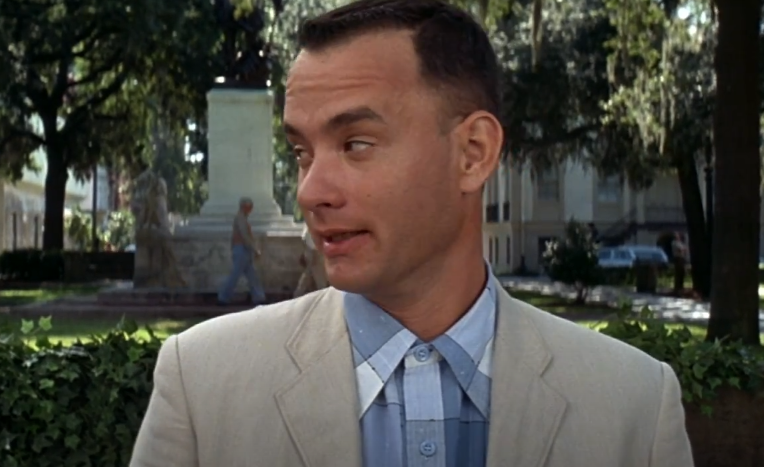 Paramount, Forrest Gump (1994)
Paramount, Forrest Gump (1994)
Russell Crowe As Maximus (Gladiator, 2000)
Russell Crowe brought intensity to Gladiator, but the role of Maximus was stoic to a fault. The character offered little emotional variety, with most of the performance anchored in clenched jaws and slow nods. It’s a commanding presence, but not necessarily an Oscar-caliber character study. His win likely had more to do with the film’s epic scale than his acting.
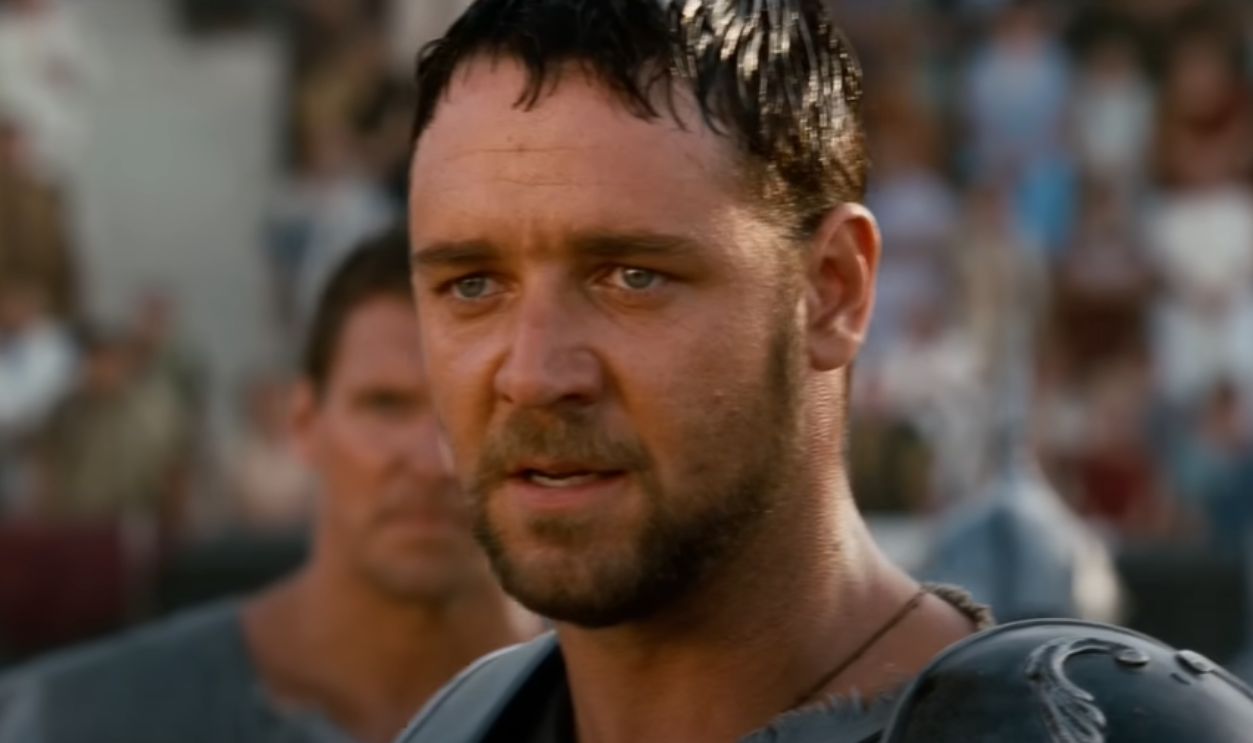 GLADIATOR | Official Trailer | Paramount Movies, Paramount Movies
GLADIATOR | Official Trailer | Paramount Movies, Paramount Movies
Brendan Fraser As Charlie (The Whale, 2022)
Brendan Fraser’s comeback was moving, but the performance leaned heavily on physical transformation and emotional manipulation. While Fraser’s sincerity is undeniable, the film itself was divisive, with many critics calling it exploitative rather than empathetic. It’s a case where the narrative around the actor may have overshadowed the role itself.
Hilary Swank As Brandon Teena (Boys Don’t Cry, 1999)
Hilary Swank’s portrayal in Boys Don’t Cry was groundbreaking at the time, but some modern critics argue that it lacked the psychological complexity such a tragic figure required. The film handled difficult material with care, and while the emotional climax hits hard, the journey there feels occasionally shallow. It’s a win that may not have aged as well as others.
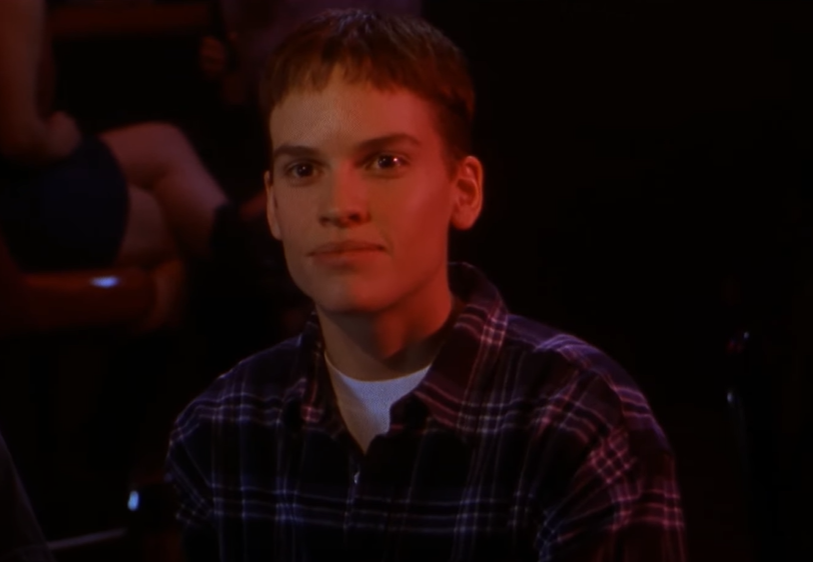 Searchlight Pictures, Boys Don't Cry (1999)
Searchlight Pictures, Boys Don't Cry (1999)
Jessica Chastain As Tammy Faye Bakker (The Eyes Of Tammy Faye, 2021)
Jessica Chastain’s portrayal of televangelist Tammy Faye was transformative, but not necessarily profound. The performance often felt like an extended SNL sketch, focusing on wigs and mascara over inner life. Critics noted that the role leaned heavily into camp, sacrificing authenticity for spectacle.
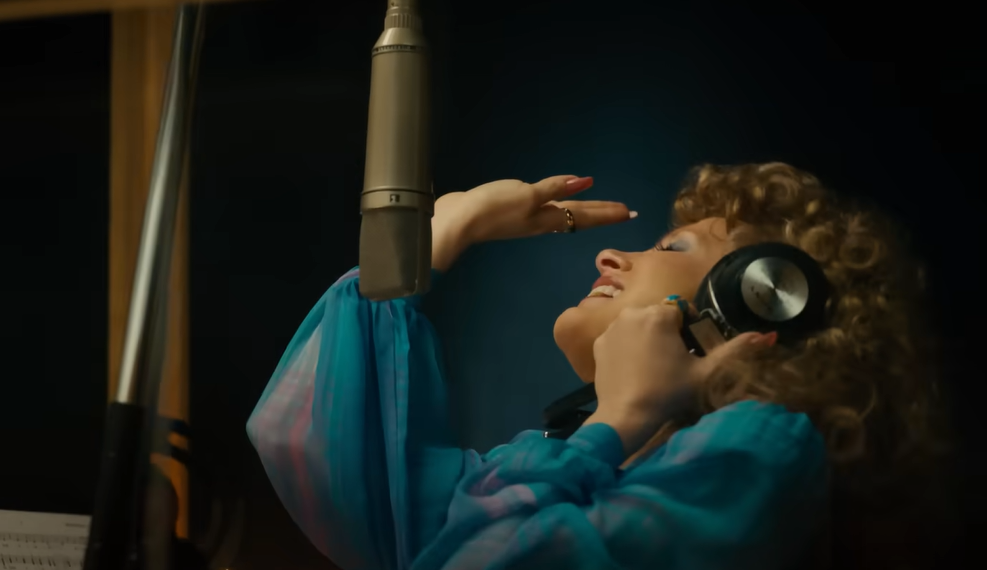 Searchlight, The Eyes of Tammy Faye (2021)
Searchlight, The Eyes of Tammy Faye (2021)
Forest Whitaker As Idi Amin (The Last King Of Scotland, 2006)
Forest Whitaker’s powerful portrayal of Idi Amin was fierce but bordered on theatricality. Nuance was often replaced by erratic energy, and the performance risked glamorizing a brutal dictator rather than examining the man’s psychological complexity. It was a memorable role, but one that walked a fine line between immersion and exaggeration.
 Film4, The Last King of Scotland (2006)
Film4, The Last King of Scotland (2006)
Daniel Day‑Lewis As Abraham Lincoln (Lincoln, 2012)
Daniel Day-Lewis is known for his methodical brilliance, but his portrayal of Lincoln was more studied than soulful. The performance felt restrained and overly polished, more like a historical reenactment than a living, breathing man. While technically flawless, it lacked emotional spontaneity. Many felt it was a win more for effort than impact.
Helen Mirren As Queen Elizabeth II (The Queen, 2006)
Helen Mirren’s reserved portrayal of Queen Elizabeth II was elegant, but perhaps too subtle for its own good. The character’s stoicism made emotional engagement difficult, with Mirren delivering a performance that at times felt opaque. Though critically acclaimed, it didn’t resonate on a visceral level.
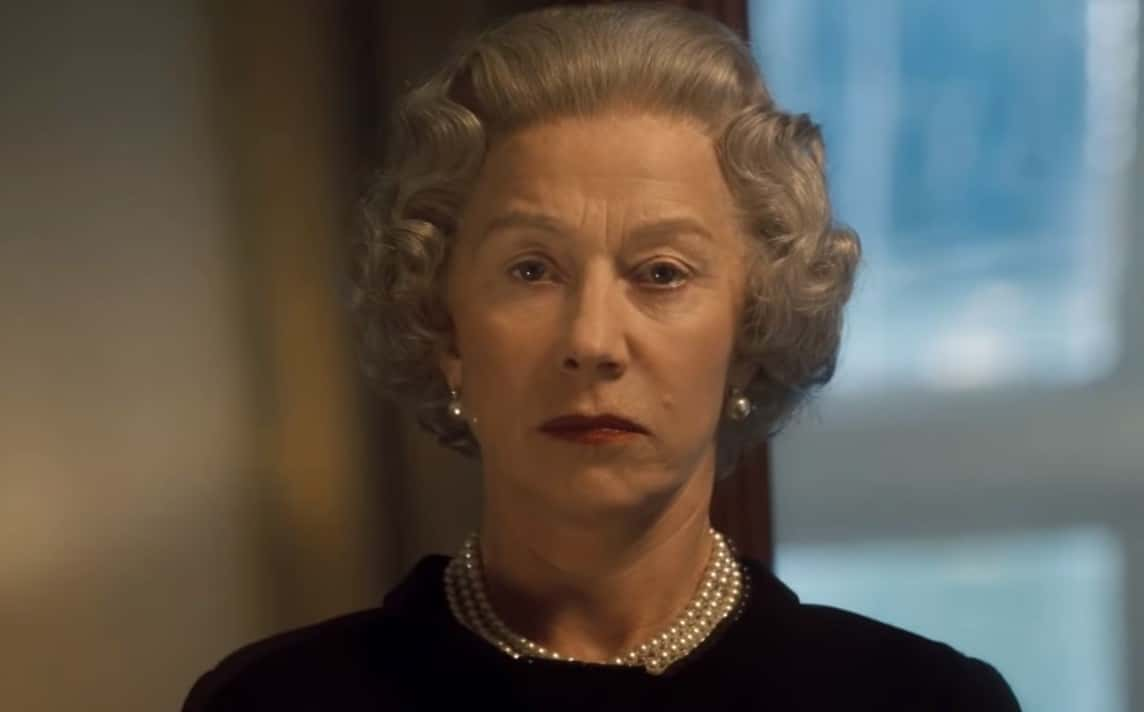 Pathe Renn Productions, The Queen (2006)
Pathe Renn Productions, The Queen (2006)
Ben Kingsley As Mahatma Gandhi (Gandhi, 1982)
Ben Kingsley’s dedication to playing Gandhi is impressive, but the performance has been critiqued for leaning into reverence over realism. The film itself mythologizes its subject, leaving little room for Kingsley to explore flaws or contradictions. As a result, the character feels one-dimensional, more symbol than person.
 Gandhi (1982), National Film Development Corporation of India
Gandhi (1982), National Film Development Corporation of India
Charlize Theron As Aileen Wuornos (Monster, 2003)
Charlize Theron’s transformation into serial killer Aileen Wuornos was astonishing, but it often veered into performance art. Her physical metamorphosis drew much of the attention, overshadowing the emotional core of the role. It was a bold turn, but not necessarily an Oscar-worthy one.
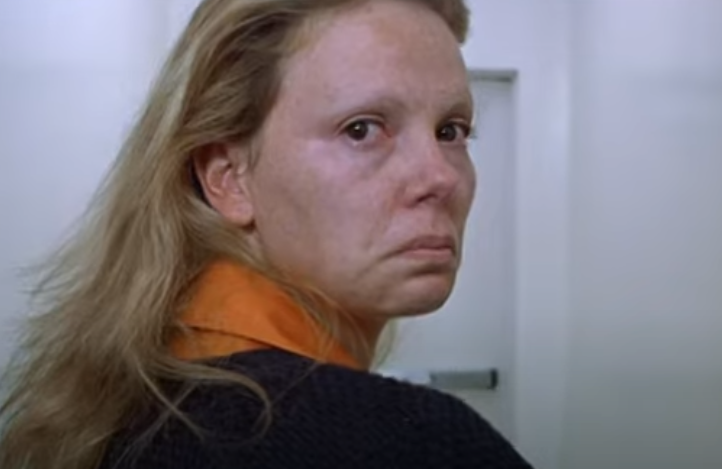 Media 8 Entertainment, Monster (2003)
Media 8 Entertainment, Monster (2003)
Gwyneth Paltrow As Viola De Lesseps (Shakespeare In Love, 1998)
Gwyneth Paltrow’s win for Shakespeare in Love is one of the most debated in Oscar history. Her performance was serviceable and sweet, but hardly revolutionary or layered. The role itself leaned heavily on romantic tropes, and her chemistry with Joseph Fiennes was more functional than electric. Many critics argue that Cate Blanchett’s work in Elizabeth or Fernanda Montenegro’s performance in Central Station were far more deserving.
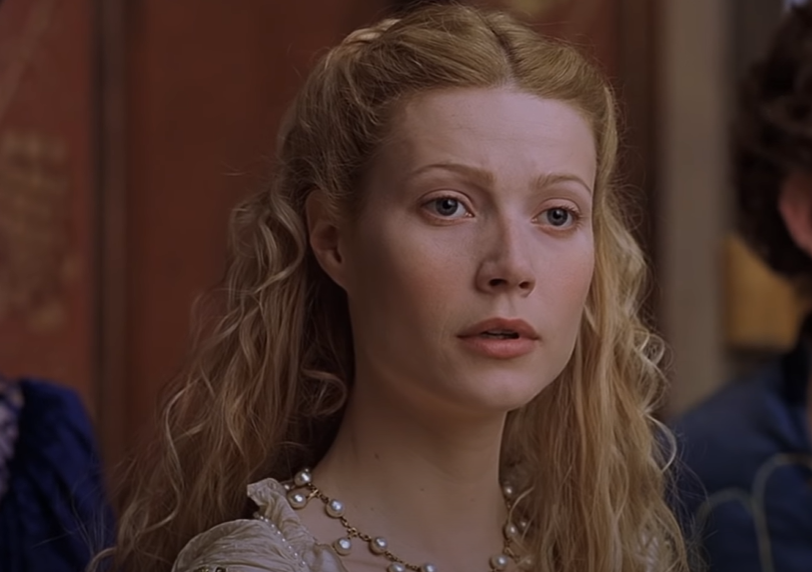 Universal, Shakespeare in Love (1998)
Universal, Shakespeare in Love (1998)
You May Also Like:
The Most Overrated Movies Ever
Oscar-Worthy Performances That Went Unrewarded
The Best Songs To Ever Win Oscars—And The Worst Of The Worst

